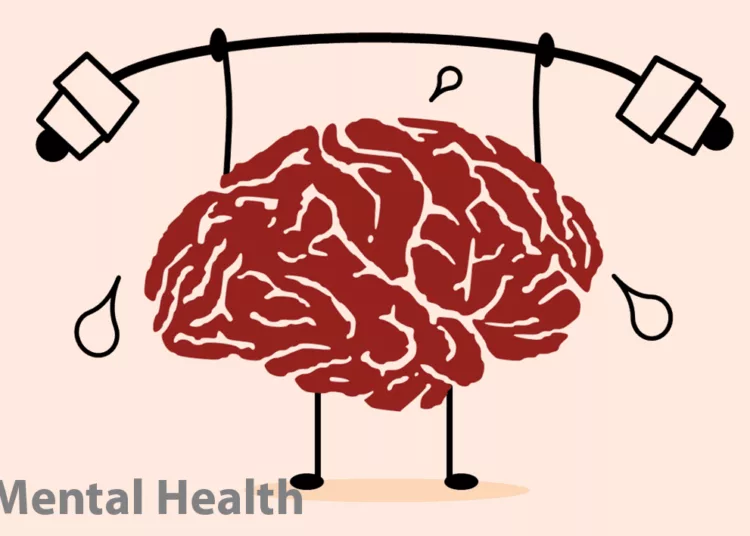A consultant psychiatrist, Dr Vincent Udenzi, decried the non-implementation of the Mental Health Act almost four years after it was signed into law, citing a lack of budget to fund the commission.
He spoke yesterday in Abuja at The Conversation Conference 4.0, which had the theme “Mental Health as a cross-cutting priority for Adolescent Health, Maternal Well-being and Response to GBV.”
He expressed concerns that although mental health was becoming very topical, the country was still not giving it the attention needed.
“Can you imagine President Buhari signing the Mental Health Act into law? We can’t implement it today because there’s no budget to fund the commission. So yes, we have ticked the box, but we’ve not done that much.”
Udenze, who is the MD/CEO of Intersect Consortium, also decried the inadequate psychiatrists despite the
pervading trauma across the nooks and crannies of the country.
“We don’t have enough psychiatrists, we don’t have enough psychologists, but there’s a lot of trauma in the community.
“So, a young girl watches her father and mother being killed, then she is raped.
“Complex trauma is happening amongst us, to our sisters and brothers, especially in the North East. There’s distress, stress, and poverty; people can’t get to work.
“You might not find a psychiatrist or a psychologist to go into the hearts of Borno, but the people there need treatment.”
He said the time has come to have a conversation around what type of training people in trauma need, and a discussion with universities to establish diploma training on some complex trauma work.
“Is it time to start having a conversation with universities to say, listen, can we send this book to you for five months, six months, and get a diploma so you can actually do some complex trauma work, because a good number of times we do this work, but have we actually made a difference?
According to the consultant psychiatrist, many international organisations make a difference by empowering and teaching people to provide interventions.
“As we look at maternal health, as we look at adolescence, as we look at GBV, the conversation really has to be around how we make a difference to this population.
“When someone is hurting, does trying to provide government intervention alone provide justice? I feel justice will not be served if you do not even take care of the mental health of these traumatised persons.
“The conversation starts with us. This conversation is meant to make a difference not just to us as individuals, but to our families, society, and the collective,” Udenze concluded.
Earlier, the president of the event, Sen Ipalibo Harry Bamigo, chairman of the Senate Committee on Health, said that mental health faces structural challenges as a precursor to national health.
She identified challenges such as a lack of enforcement of policy frameworks, a short supply of professionals trained in mental health, and issues of teenage suicide, which is a tragic consequence if not treated.
Others, she said, include untreated mental health conditions remaining criminalised, and that’s why those in need are forced into the shadows.
We have challenges due to a lack of adequate data, monitoring, evaluation, and accountability frameworks that need to be strengthened in the mental health systems.





